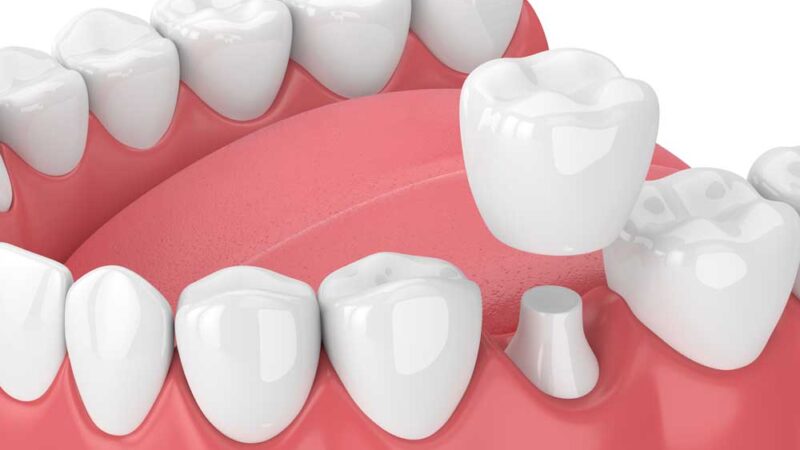Top 6 Signs You Should Undergo Root Canal Therapy in Concord, MA

Root canal therapy is a common dental procedure designed to save a tooth that has become severely infected or damaged. Although the idea of a root canal often invokes fear and anxiety, modern techniques have made it a relatively quick and painless procedure. If you’re experiencing any of the following signs, it might be time to go to a dental office in Concord, MA, to determine whether root canal therapy is necessary for you.
1. Persistent Tooth Pain
One of the most telling signs that you may need a root canal is persistent tooth pain. This type of pain can vary, it might be a dull ache that comes and goes or it could be a severe, throbbing pain that never seems to subside. This pain can worsen when you chew or apply pressure to the affected tooth. If over-the-counter pain relievers offer little to no relief, it’s a strong indicator that there is an underlying problem requiring professional attention.
2. Sensitivity to Hot and Cold
Experiencing prolonged sensitivity to hot and cold foods or beverages is another significant sign that you might need a root canal. In fact, it’s normal to have minor sensitivity, but if the discomfort lingers long after you’ve finished eating or drinking, it could mean that the nerves and blood vessels inside the tooth are damaged or infected. Remember, the heightened sensitivity could start as a minor annoyance and escalate into a more severe problem if left untreated.
3. Swollen or Tender Gums
Swelling and tenderness in the gums surrounding a problematic tooth can indicate that the infection has spread to the gum tissue. You might notice that your gums are red, tender, or swollen, and this swelling may come and go. In some cases, a small pimple-like bump called a dental abscess may appear on the gum near the affected tooth. So, if your gums are consistently swollen or tender, it’s crucial to seek dental care to prevent the infection from spreading further.
4. Discoloration of the Tooth
A tooth that has become discolored, especially if it turns a dark yellow, brown, or grey shade, could be a sign that it is dying due to an infection or trauma. While tooth discoloration can occur for several reasons, such as staining from food or drink, a single discolored tooth often points to an issue with the nerve and requires immediate attention. Root canal therapy can address the infection and prevent the tooth from deteriorating further.
5. Cracked or Chipped Tooth
If you have a cracked or chipped tooth, bacteria can easily enter the inner layers of the tooth, leading to infection and inflammation. Even if the crack or chip doesn’t seem painful at first, it can develop into a severe problem over time. So, any trauma to a tooth increases the risk of needing a root canal, especially if the damage extends into the pulp, where the nerves and blood vessels reside. Don’t ignore a cracked or chipped tooth. In fact, getting it evaluated by a dentist in Concord, MA can save you from more extensive treatments down the line.

6. Prolonged Gum Diseases
Chronic gum diseases like periodontitis can sometimes lead to severe tooth infections that necessitate a root canal. If you have a history of gum disease, you’re more susceptible to infections that can affect the root of the tooth. Symptoms such as receding gums, deep pockets between the teeth and gums, and persistent bad breath are all signs that gum disease may be compromising your dental health. In fact, addressing these issues promptly with a dental professional can help prevent the need for more invasive procedures like root canals.
Conclusion
Root canal therapy is a highly effective treatment for saving a tooth that is severely infected or damaged. In fact, recognizing the early signs that indicate the need for this procedure can prevent further complications and preserve your dental health.
Remember, timely intervention can make all the difference in maintaining a healthy, pain-free smile. So, don’t wait for the symptoms to worsen—schedule an appointment with your dental professional today to discuss your options and ensure you receive the best care possible.







